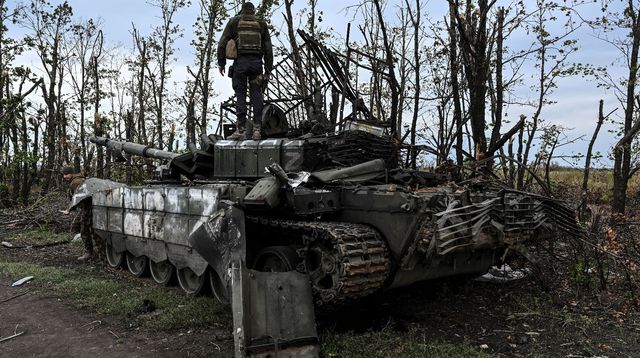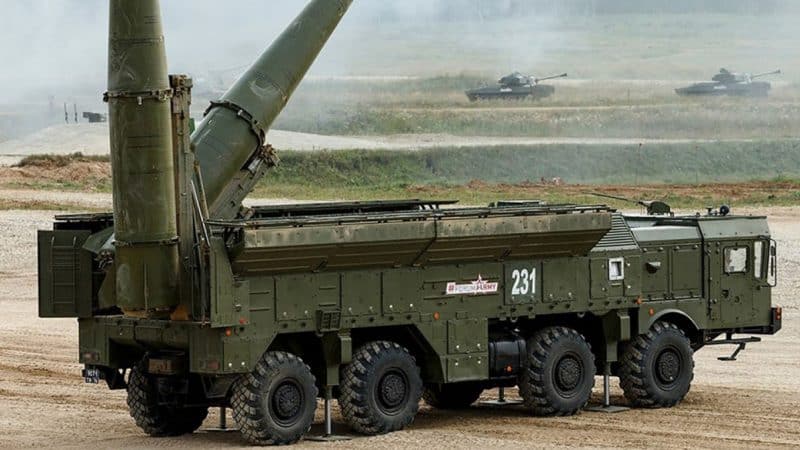Since Vladimir Putin's speech on Russian public channels this morning, great excitement has taken hold of the European media, and consequently of public opinion as a whole. Faced with what is emerging more and more like an operational impasse every day, the Russian President announced 3 key measures to try to turn the situation to his advantage in Ukraine and in Europe. This public statement by the Russian President, backed up a few minutes later by the Minister of Defence, Sergey Choigou, took the war that began on February 24 to a new stage, raising the specter of a total and nuclear war in Europe. However, it is necessary to have an overall perception of the materiality of these announcements and threats, as well as their articulation vis-à-vis each other as well as with the existing reality, to understand their purpose.
Firstly, Vladimir Poutine announced a partial mobilization, that is to say 300.000 men, in order to reinforce the military device in Ukraine, among the men of 18 to 65 years having the statute of reservist and having a military experience, even distant. At the end of this presidential announcement, Sergei Choigou specified that only part of these 300.000 men will actually be mobilized in the short term, and that the cases will be studied individually in each Oblast. However, since this morning, all flights departing from Russian airports to Turkey, Azerbaijan or Belarus have been taken by storm by many young Russians fearing to be mobilized. The fact remains that even a partial application of partial mobilization constitutes a very difficult challenge for the Russian armies, which do not currently have the necessary equipment to arm and equip these auxiliary forces, suggesting that they could have a role of security and territorial control, rather than reinforcing front line units.

Vladimir Putin's second announcement concerns the organization at the end of the week of a "self-determination referendum" in the 4 oblasts partially controlled by the Russian forces, namely the Oblasts of Kherson, Zaporizhia, Donetsk and Luhansk . Like the one organized in Crimea following the intervention of Russian special forces in 2014, the objective here is to act, from the point of view of Russian law, and therefore of public opinion in the country, the attachment of these territories to Russia, so as to confer on them the same status as all Russian territories, in particular with regard to the possibility of having recourse to the entire Russian military arsenal to protect the territorial integrity of the country. The fact that these referendums are not recognized by the international community has no influence on the objective sought here by Vladimir Putin.

75% of this article remains to read,
Subscribe to access it!
The Classic subscriptions provide access to
articles in their full version, and without advertising,
from 6,90 €.
Newsletter subscription
Register for the Meta-Defense Newsletter to receive the
latest fashion articles daily or weekly


[…] […]